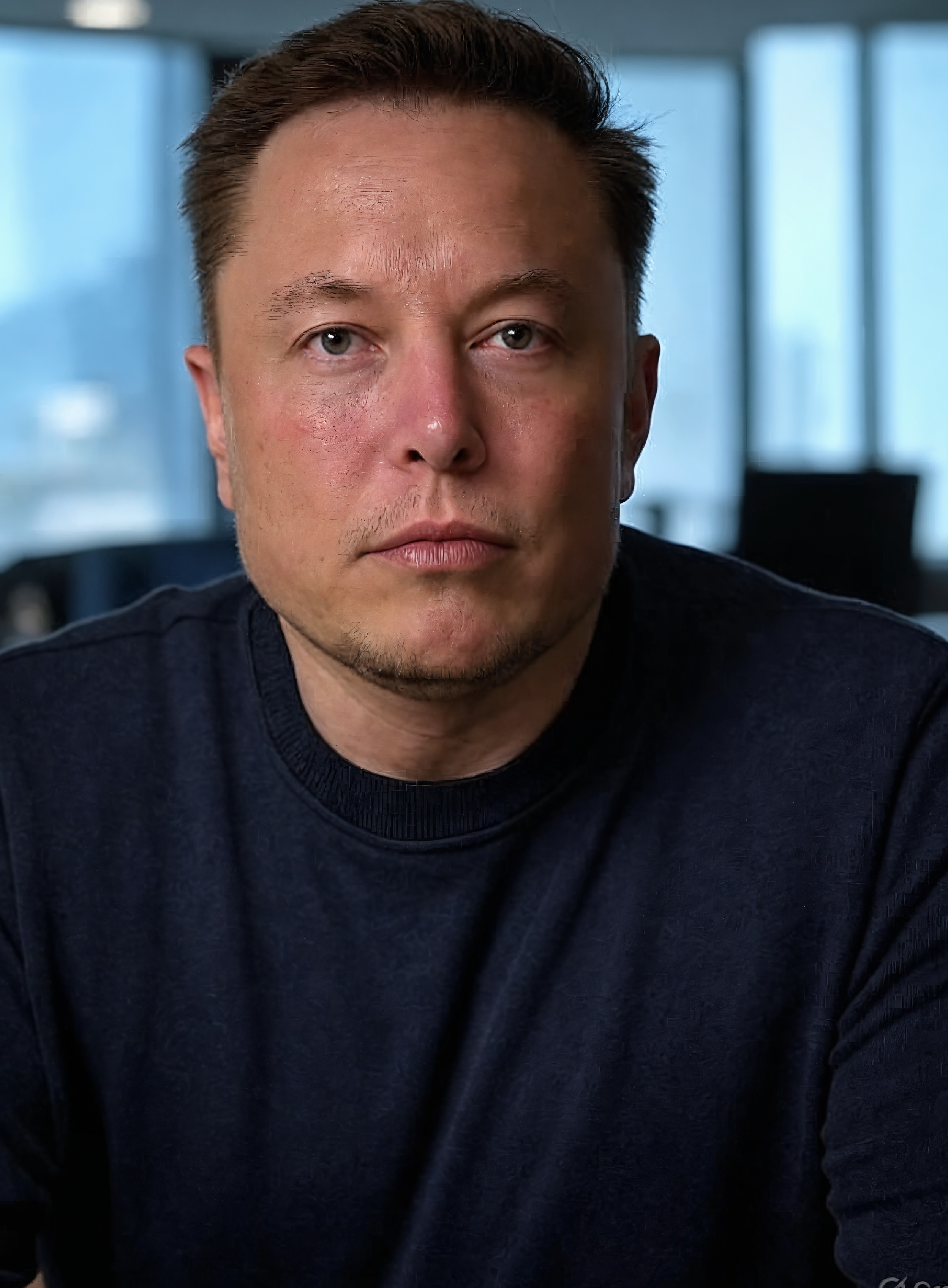
Nvidia's UK AI Surge: Path to Superpower Status
Massive investments from tech giants signal a pivotal shift in global AI dynamics. Nvidia's CEO Jensen Huang frames the UK as poised for an "AI superpower" role, backed by billions in commitments. This move reflects broader strategies where hardware leaders like Nvidia anchor ecosystems, drawing in software players and startups to create self-reinforcing networks.
The Investment Landscape
Nvidia's £2 billion pledge targets the UK's AI startup ecosystem, aiming to accelerate growth and address key bottlenecks. This capital focuses on overcoming limited supercomputing access, venture capital constraints beyond London, rising energy costs, and gaps between academic entrepreneurs and investors. Partnerships with firms like Accel, Air Street Capital, Balderton Capital, Hoxton Ventures, and Phoenix Court extend this reach across hubs in London, Oxford, Cambridge, Manchester, and emerging government-designated zones.
Beyond startups, Nvidia commits £11 billion to AI factories by 2026, collaborating with CoreWeave, Microsoft, and Nscale. This infrastructure push includes boosting quantum computing capabilities, positioning the UK at the intersection of AI and next-generation tech. OpenAI's involvement in building domestic AI compute capacity underscores the strategic intent: creating localized power to meet escalating demands without reliance on foreign resources.
These efforts fit into a larger £150 billion wave of US investments during a 2025 presidential visit, including Microsoft's £22 billion and Blackstone's £100 billion across tech, finance, and energy. Over 7,600 jobs are projected, spanning sectors and amplifying economic impact.
Strategic Frameworks in Play
Aggregation theory explains much of this dynamic. Nvidia aggregates demand for AI hardware by providing foundational GPUs and software like CUDA, which lock in developers and create barriers to entry. In the UK context, this aggregation extends to ecosystems: investments in startups and infrastructure aggregate talent, research, and capital, fostering network effects where more participants enhance value for all.
Consider the competitive landscape. The US dominates AI through Silicon Valley's venture capital and compute scale, while China advances via state-backed initiatives. The UK, with world-class universities like Oxford and Cambridge, has historically lagged in commercialization due to funding gaps and brain drain. Nvidia's moves address this by bridging academia and industry, potentially creating a European counterweight.
Business models evolve here. Nvidia shifts from pure hardware sales to ecosystem orchestration, investing in startups that build on its platforms. This mirrors how Amazon Web Services subsidizes cloud adoption to drive long-term usage. For UK startups, access to Nvidia's capital and tech stack lowers barriers, enabling faster iteration and scaling. Enterprise SaaS players like those in AI-driven analytics benefit, as robust infrastructure supports data-intensive applications.
Incentives and Competitive Dynamics
Incentives align across stakeholders. For Nvidia, the UK offers a regulatory environment more open than the EU's stringent AI rules, combined with talent pools from Brexit-era shifts. Government support, including designated AI growth zones, reduces risks and amplifies returns. Startups gain not just funding but mentorship and tech access, crucial for competing globally.
Competitively, this challenges US hegemony. By building AI factories and quantum capabilities, the UK could attract firms wary of US-China tensions, diversifying supply chains. OpenAI's partnership with Nvidia and Nscale highlights this: securing UK-based compute mitigates geopolitical risks while tapping into local innovation.
Historical parallels emerge. The UK's role in the Industrial Revolution stemmed from coal, steam, and capital convergence. Today, AI's "Goldilocks moment," as Huang terms it, combines universities, startups, researchers, and supercomputing. Yet, challenges persist: energy sustainability for power-hungry AI, equitable venture capital distribution, and regulations that foster innovation without stifling it.
Implications for Global Tech
These investments reshape global tech flows. AI & Machine Learning sectors see accelerated R&D, with UK hubs potentially leading in specialized areas like quantum-AI hybrids. Enterprise SaaS benefits from enhanced infrastructure, enabling more sophisticated tools for businesses worldwide.
Job creation extends beyond tech, influencing finance and energy through cross-sector pledges. This could stem brain drain, retaining talent that might otherwise migrate to the US. Broader implications include setting AI standards; a strong UK presence might advocate for ethical frameworks balancing innovation and safety.
Network effects amplify over time. As more startups succeed on Nvidia's platforms, they attract further investment, creating virtuous cycles. This contrasts with fragmented European efforts, positioning the UK as a unified hub.
Future Predictions and Recommendations
Looking ahead, the UK stands to emerge as Europe's AI leader, rivaling US and Chinese ecosystems. Predictions point to new industries in AI-driven healthcare, autonomous systems, and climate modeling, driven by integrated quantum and AI tech.
To maximize impact, recommendations focus on sustainability: invest in green energy for AI data centers to address rising costs. Expand venture capital networks beyond London to prevent regional disparities. Foster public-private partnerships for talent development, ensuring inclusive growth.
Globally, this could influence AI governance, with the UK pushing for collaborative standards amid rising nationalism. Firms should monitor these shifts, considering UK expansions for diversified AI strategies.
Key Takeaways
Nvidia's investments catalyze the UK's AI ascent, leveraging aggregation and network effects to build a competitive ecosystem. Addressing infrastructure and funding gaps positions the country for leadership in AI and quantum tech. Stakeholders must prioritize sustainability and inclusivity to sustain momentum, reshaping global tech balances in the process.
Comments
Read more

VC Reshuffle: OpenAI's Shift and AI Mega-Funds
Explore OpenAI's restructuring, A16z's $10B fund, and why most Series B rounds fail, with deep analysis on VC and AI strategies.

Streaming Deals and Sports Shifts in 2025
Explore how price hikes and bundles reshape streaming, with DAZN's Amazon integration driving sports innovation and consumer savings.

Is the AI Boom Heading for a Bust?
Exploring the AI investment surge, soaring valuations, and bubble risks with expert insights and future predictions.